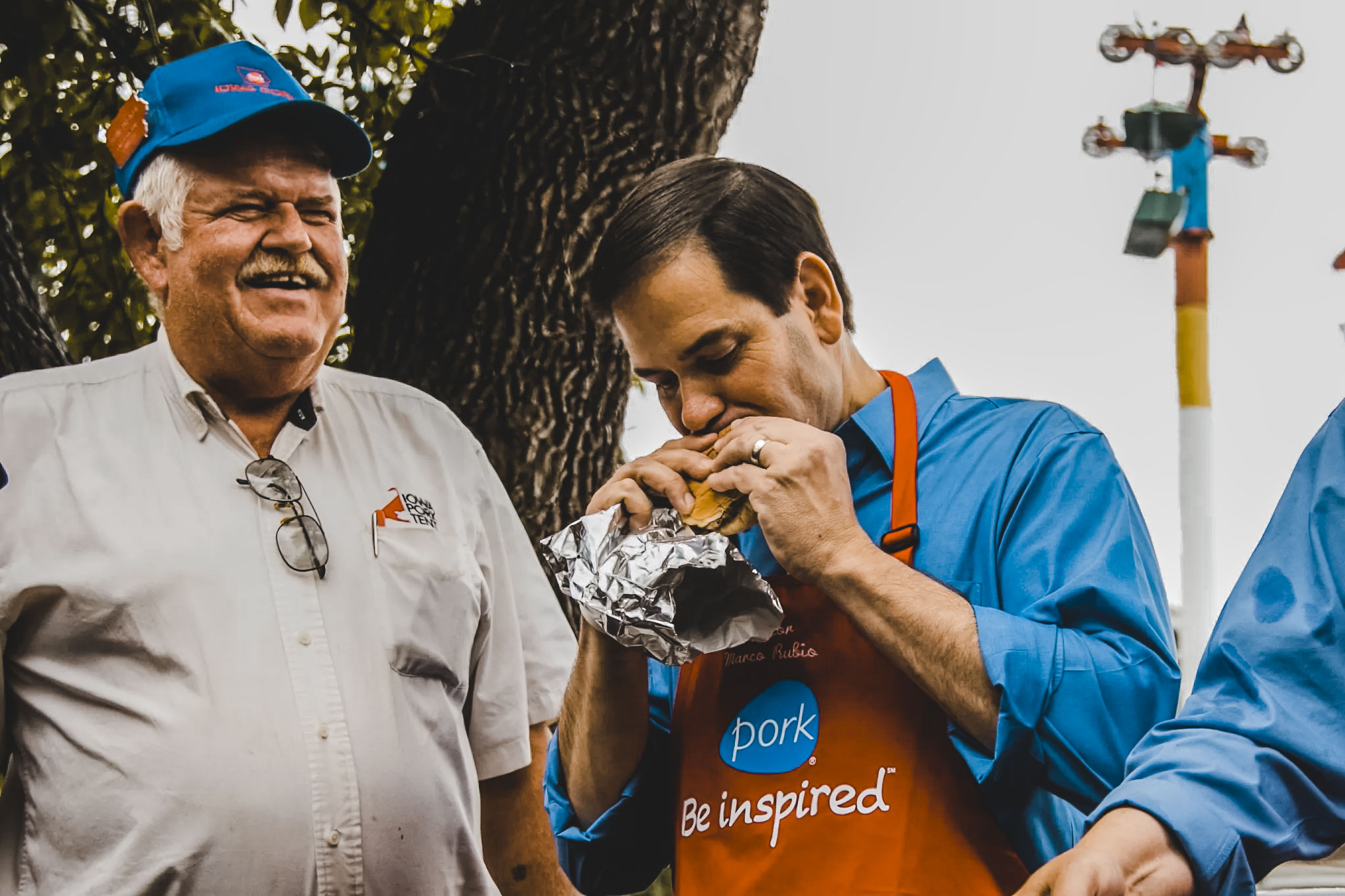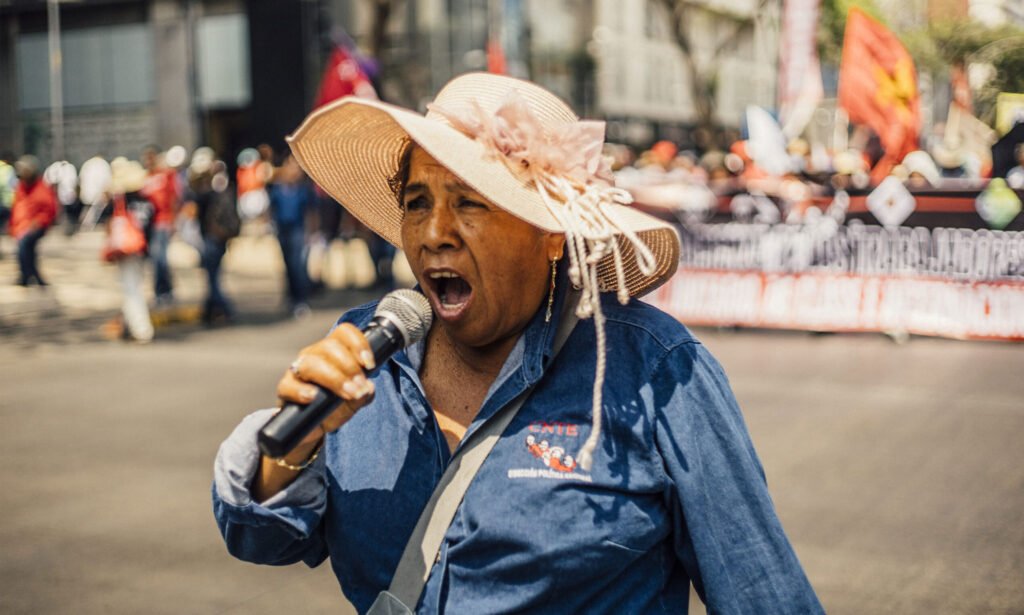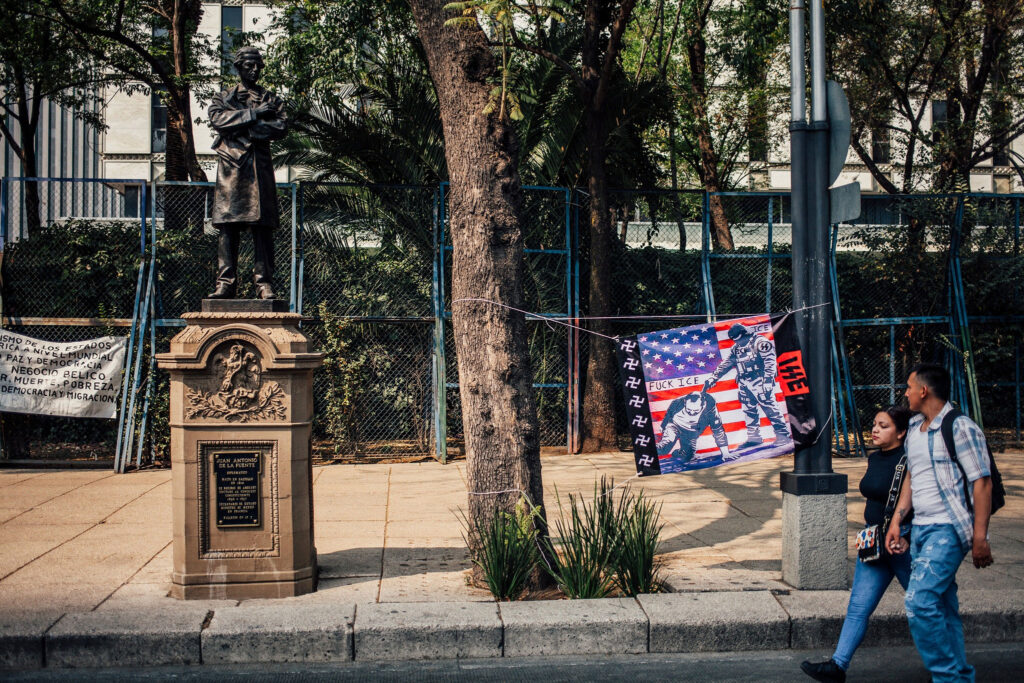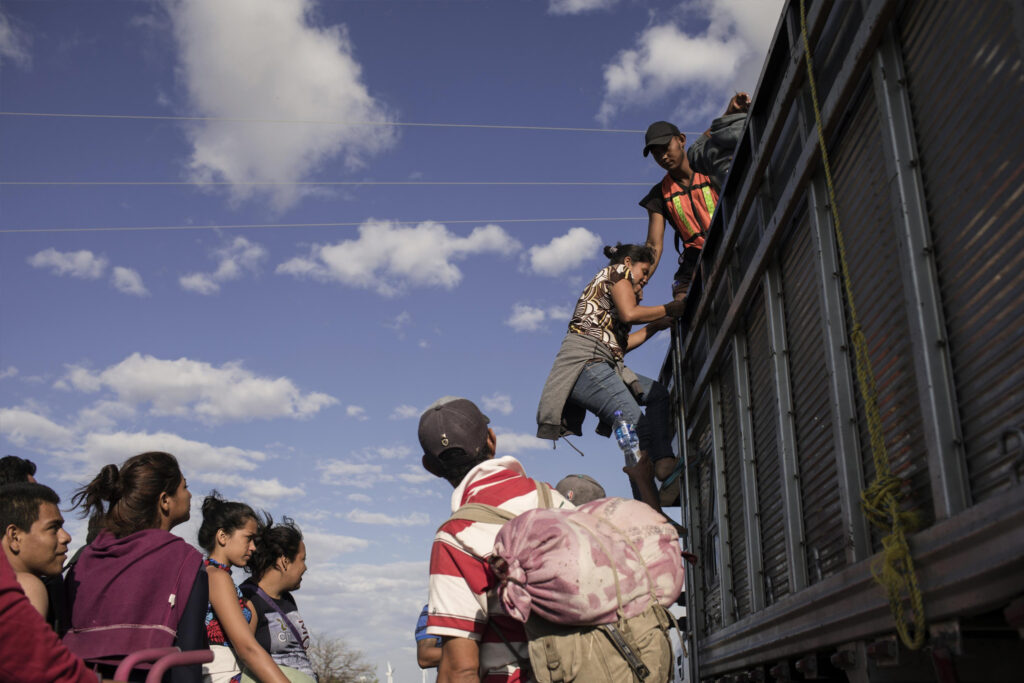The Sound & The Fury
This editorial by Rosa Miriam Elizalde originally appeared in the September 11, 2025 edition of La Jornada, Mexico’s premier left wing daily newspaper. The views expressed in this article are the author’s own and do not necessarily reflect those of the Mexico Solidarity Project.
Shakespeare has never been more relevant than now. The famous line from Macbeth—”Life’s but a walking shadow… It is a tale told by an idiot, full of sound and fury, signifying nothing”—seems to refer to the situation Donald Trump has created in the Caribbean.
Determined to obscure reality, the Republican administration has fabricated a scenario of preemptive war that illuminates the waters of the Caribbean with F-35 fighter jets and warships, but obscures the legality, international cooperation, and true causes of the organized crime it claims to combat.
Some US media outlets have described this scenario as an example of “performative militarism”: a deployment conceived less as a rational security strategy than as a spectacle designed to display strength and generate headlines. This logic had already been seen in cities like Los Angeles and Washington, where troops were sent against the will of local authorities, and is now being replicated in the Caribbean under the pretext of combating drug trafficking.
Washington deployed destroyers, a nuclear submarine, and thousands of marines to the region. On September 2, a bombing of a small boat attributed to the Tren de Aragua —killing 11—marked the first direct U.S. military action in Latin America since Panama in 1989. Without multilateral backing or conclusive evidence, the alleged incident demonstrates how the rhetoric of “ narcoterrorism ”—which equates drug trafficking with global terrorism—has become a lethal resource within the new dynamic between war and sovereignty, ushering in a period of heightened hemispheric tensions.
At the center of this narrative is Marco Rubio, the true architect of the war agenda. For years, the senator from a Cuban family has mixed drug trafficking, terrorism, and regimes that are uncomfortable for the United States in the same discourse. Under his leadership, criminal organizations have been labeled “narcoterrorists,” opening “legal” loopholes for military intervention and aligning U.S. foreign policy with the most hardline sectors of Cuban and Venezuelan emigration in Florida. Rubio has turned the Caribbean into a laboratory for his project: to subordinate the region to Washington, weaken state autonomy, and normalize confrontation as a form of hemispheric relations.
Donald Trump’s role in this process is to create a spectacle. He has turned foreign policy into a script for immediate headlines: symbolically renaming the Department of Defense as the “War Department,” deploying supersonic fighter jets over Puerto Rico, threatening to shoot down Venezuelan planes, and offering multimillion-dollar rewards for the capture of Nicolás Maduro. All of this forms a stage set designed to project toughness and control, but in reality it generates uncertainty and destabilization.
Hence the US press’s talk of “performative militarism.” It is not a coherent strategic plan, but rather a theatrical gesture that confuses form with effectiveness: demonstrating force for domestic consumption, producing high-sounding images, and occupying the media agenda. The Washington Post and Reuters have pointed out that these operations are carried out on vague legal grounds, with weak evidence, and unpredictable diplomatic consequences.
The repercussions in the Caribbean are immediate. The region, whose GDP depends on tourism for 30 percent of its total (2024), according to the World Tourism Organization, faces a decline in visitor confidence due to the military presence and headlines of violence. Maritime trade, vital to island economies like Jamaica and Barbados, is threatened by the disruption of routes. Furthermore, the diversion of drug trafficking, as already occurred in the Pacific in 2023, could intensify violence in countries like the Dominican Republic, where homicides linked to organized crime grew 15 percent last year, according to the Citizen Security Observatory.
In Caracas, the response was the mobilization of troops and the denunciation of an attempted regime change, while in the rest of the region, anxiety about the future is growing. The hawks have poorly concealed their true intentions. Defense Secretary Pete Hegseth told Axios that the attack on the alleged drug trafficking boat was only the beginning of a larger mission. While denying that Trump was seeking direct intervention in Venezuela, he also hinted that they “wouldn’t be worried if Maduro fell.”
What this spectacle leaves behind is not security or justice, but a more fragile Caribbean: trapped in Rubio’s war-mongering agenda, Trump’s media circus, and a script that privileges image over reality. A tale told by idiots, full of sound and fury, signifying nothing.
-
CNTE Announces 72 Hour National Strike & March to Mexico City’s Zócalo
The class-conscious teachers union will also make “courtesy visits” to the embassies of countries who committed atrocities against Iran, to show their rejection of US imperialism.
-
Yet Another Mexican Citizen Dies in ICE Custody
The unidentified victim is the 9th Mexican citizen to have been killed in ICE detention since the beginning of 2025; this time in Adelanto, California.
-
Let’s Talk About Migration: Trumpist Persection
Millions of women who have endured unspeakable violence on their migration journey are now being persecuted in the United States by an extremely xenophobic and misogynistic government, led by Donald Trump,





